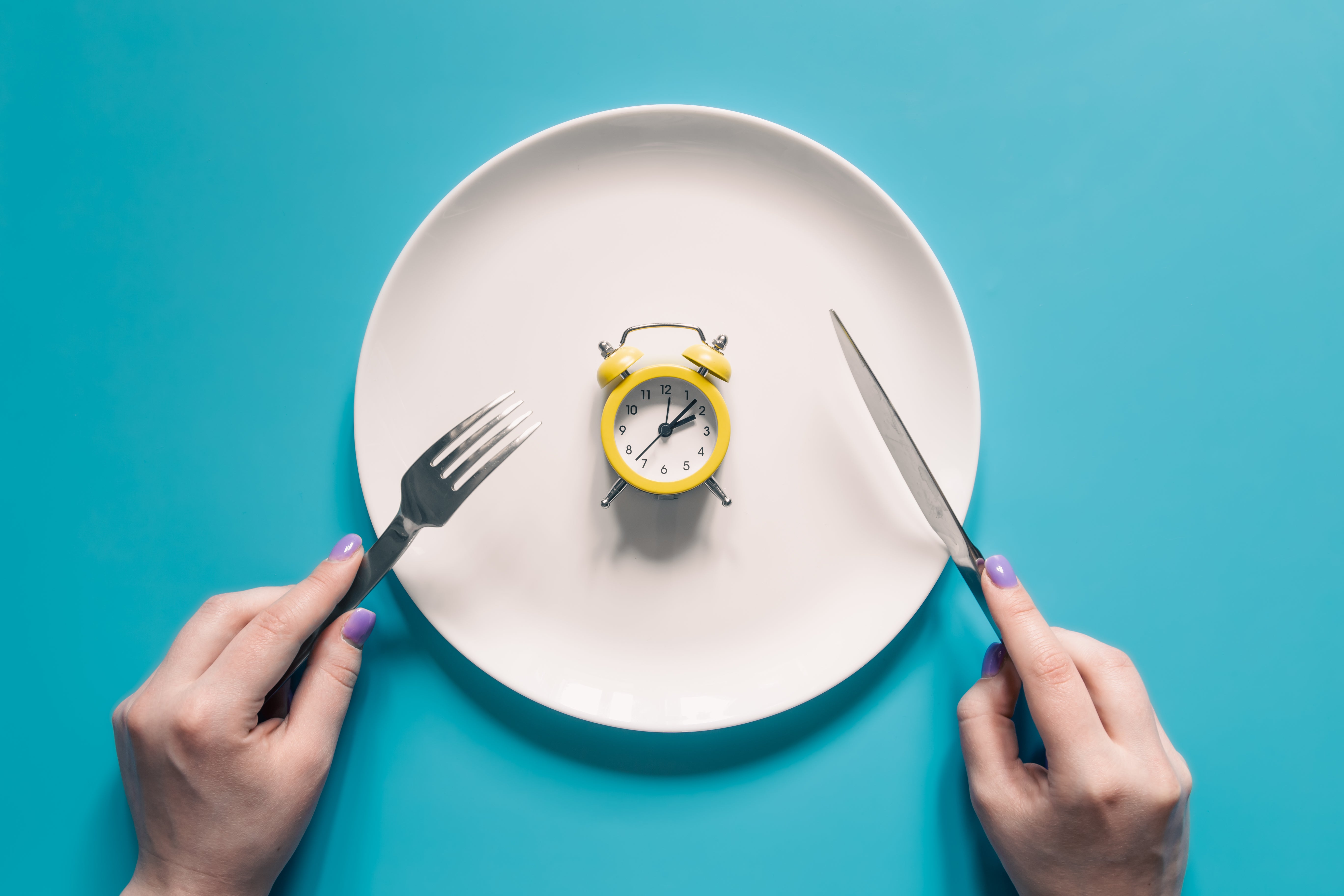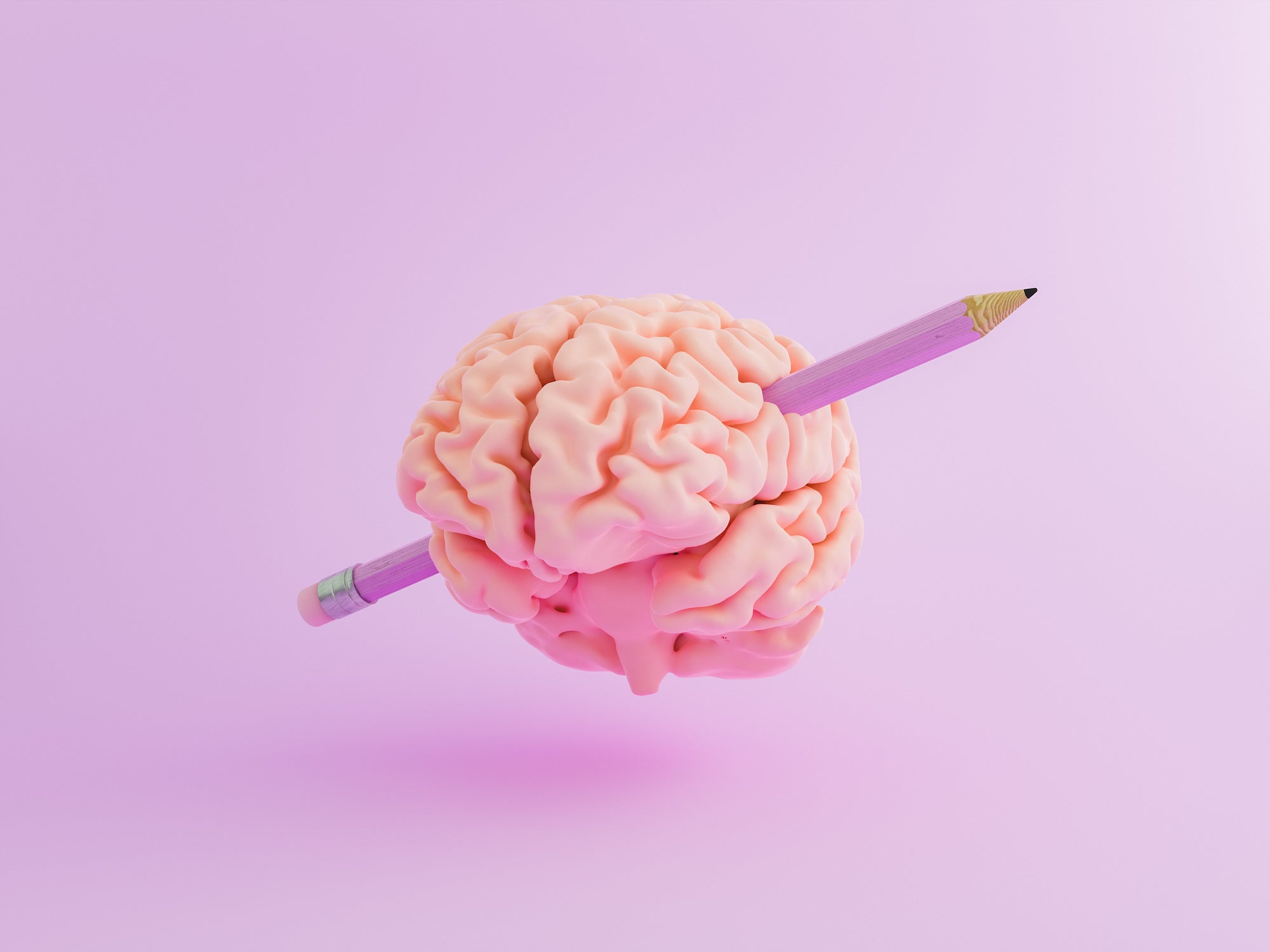In the world of sports and athletic performance, meticulous attention is given to training routines, technique refinement, and sports nutrition. Yet, there’s one indispensable aspect that often doesn’t receive the attention it rightly deserves—hydration.
Hydration is not merely about quenching thirst. It’s a complex and dynamic process that has a direct and profound impact on an athlete’s physical function, cognitive ability, and overall performance.
In this article, we’ll explore the crucial role of fluids and electrolytes in sports, providing strategies to optimize intake for enhanced performance and overall health.
The Science of Hydration
Hydration refers to the process of absorbing and retaining sufficient water to enable the body's cells to function correctly. Water is integral to our bodies, making up approximately 60% of an adult's body weight, and is involved in numerous crucial functions, a few of which include:[*]
- Nutrient transportation: Water acts as a transport medium in the body, aiding in the absorption and distribution of essential nutrients from the food we consume to all cells throughout the body.
- Waste removal: It assists in flushing out waste products and toxins from the body. It plays a vital role in renal function, helping form urine in the kidneys, which excretes waste from the body.
- Body temperature regulation: Perhaps most crucially for athletes, water aids in regulating body temperature through perspiration, a vital process during strenuous exercise when the body generates excess heat.
- Maintaining skin health: Adequate hydration helps maintain skin elasticity and resilience, contributing to overall skin health.
- Lubrication and protection: Water helps lubricate joints, reducing the friction between bones. It also acts as a shock absorber in the spinal cord and brain, protecting against injury.
- Digestion: Water is crucial for digestion, aiding in the breakdown of food and the absorption of nutrients in the digestive tract.
Dehydration and Overhydration in Athletes
Dehydration, or the state of not having enough water in the body to carry out these necessary functions, can severely impact athletic performance. Even a small fluid loss—as little as 1-2% of body weight—can lead to a noticeable decline in physical and cognitive performance.[*]
Signs of dehydration in athletes can include:[*]
- Fatigue
- Dizziness
- Decreased urine output
- Increased heart rate
- Dry mouth and lips
Severe dehydration can even lead to confusion, fainting, and in extreme cases, death.
It’s equally essential to note that overhydration, also known as hyponatremia, is a significant concern, especially for endurance athletes. Overhydration occurs when the body has too much water relative to its salt (sodium) level. The excess water dilutes the body’s electrolytes, leading to symptoms including:[*]
- Nausea
- Vomiting
- Headache
- Fatigue
- Muscle weakness
- Restlessness
- Confusion
In severe cases, overhydration can lead to seizures, coma, and even death. This emphasizes the importance of not just the amount of water you take in, but also the balance of fluids and electrolytes in the body.
Electrolytes: The Invisible Powerhouses
As crucial as water is to our bodies, it doesn’t act alone in maintaining our physical functions. This is where electrolytes come into play. Electrolytes are minerals that, when dissolved in water, produce electrically charged ions. During physical activity, the body not only loses water through sweat, but also sodium and other electrolytes.
These charged particles play a pivotal role in a range of physiological processes. For example:[*]
- Sodium: Sodium aids in maintaining fluid balance, nerve signal transmission, and muscle contraction.
- Potassium: Potassium is essential for maintaining healthy heart function and significantly contributes to the contraction of skeletal and smooth muscles. It also works in tandem with sodium to maintain fluid balance.
- Calcium: Calcium is crucial for developing and maintaining strong bones and teeth. It also plays a vital role in muscle contraction, nerve signaling, and blood clotting.
- Magnesium: Magnesium is involved in over 300 essential metabolic reactions, including energy production, protein synthesis, gene maintenance, muscle movements, and nervous system regulation.
Fluids and Electrolytes: The Athletic Connection
Hydration is integral to an athlete’s endurance and capacity for physical exertion. Water assists in maintaining the body’s temperature, lubricating the joints, and transporting nutrients to provide energy.
On the flip side, dehydration can lead to fatigue, reduced coordination, and muscle cramping, all of which can significantly hamper an athlete’s performance.
Simultaneously, the role of electrolytes, particularly sodium and potassium, in athletic performance cannot be overstated. They are crucial for initiating muscle contraction and relaxation and supporting fluid balance.
Hydration and electrolyte balance also have a profound effect on cognitive performance. Both dehydration and electrolyte imbalance can impair concentration, coordination, and decision-making ability—aspects that are crucial in sports.
In endurance sports, where athletes may compete for hours under strenuous conditions, the risk of dehydration and electrolyte imbalances is heightened due to sweating. Consuming water alone won’t suffice to replace the lost electrolytes, making the use of sports drinks or electrolyte supplements an important consideration.
Tips for Effective and Safe Exercise Hydration
Exercise hydration isn’t as simple as drinking a glass of water before heading out the door. It involves understanding your body, your workout intensity, the climate, and how these factors influence your hydration needs.
Here are some practical tips to ensure you stay well-hydrated during your exercise routine:
#1: Drink Electrolyte Water
When you drink water, make it electrolyte-infused water. Adding a high-quality electrolyte supplement, such as IQMIX, to your water replenishes both water and electrolytes lost through sweat and urine.
This strategy is particularly beneficial during intense workouts or endurance sports, where significant amounts of electrolytes can be lost.
IQMIX provides a balanced blend of essential electrolytes (sodium, potassium, and magnesium) in a convenient, tasty format. Simply pour a packet of IQMIX into a glass of water to create an instant, sugar-free hydration solution.
IQMIX is ideal for those with diabetes or those following a low-carb diet, as it contains zero sugar and only one gram of carbs per packet. Compare that to your typical 16-ounce sports drink, which contains between 28 and 38 grams of added sugar—equal to about 7 to 10 teaspoons! Learn more about why hydration drinks don’t need to contain glucose (sugar) to be effective here.
#2: Drink to Thirst
Many athletes guzzle electrolyte-free water on a set schedule, despite not being thirsty. There are two problems with this. First, without electrolytes, the athlete will not properly retain water. Second, guzzling water can lead to hyponatremia, a potentially fatal state of low blood sodium caused by excessive consumption of H20.
A safer and more effective approach is to drink water to thirst. Thirst is your body’s natural alarm telling you when you need to replenish lost fluids. By drinking water according to your thirst, you allow your body to naturally regulate its fluid balance, taking in just the right amount of water it needs to function optimally.
#3: Hydrate Before, During, and After Exercise
Hydration isn’t an activity confined to the period of exercise. An effective hydration strategy requires drinking electrolyte water to thirst before, during, and after exercise. This will support your performance and recovery.
Our final tip? Don’t get too hung up in the details. Your body is intelligent and if you follow its cues, you should be golden. And don’t forget to have fun!
Written by Katie Koschalk, a health and wellness writer, certified holistic nutritionist, and certified personal trainer based in California.


